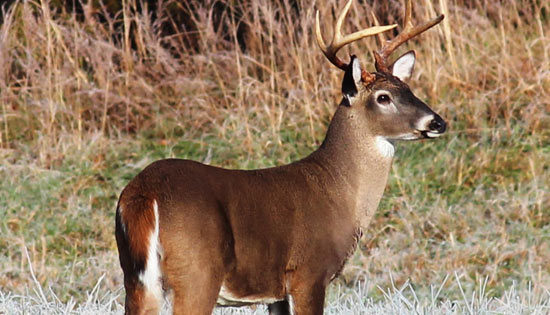Photo: In 2020, boating and fishing in Georgia generated more than $1 billion in economic activity in Georgia. The House Study Committee on Navigable Streams is expected to make recommendations about where the public should have the right to boat, fish and hunt on Georgia’s streams.
ATHENS – A special House study committee are tasked with determining where Georgians will have the right to boat at upcoming meeting.
Release:
A special House study committee tasked with determining where Georgians have the right to boat, fish and hunt on Georgia’s streams will hear from the public for the first time in a meeting scheduled for Sept. 20 at Unicoi State Park near Helen.
The House Study Committee on Navigable Streams and Related Matters grew out of a legislative effort to name sections of some 64 streams and rivers in Georgia as “navigable” and thus open to the public for boating, fishing and hunting.
HB 1397, introduced in the most recent legislative session, was highly controversial and criticized by both river user groups and property owners. It never made it out of committee. Instead, legislators created a study committee to investigate the issue further. Had it been adopted, HB 1397 would have enshrined the public’s right to boat, fish and hunt on just five percent of the total stream and river miles in the
state.
The study committee will examine aspects of navigable streams in this state and the issues surrounding their ownership, private and public rights of use and other related matters and may make recommendations for proposed legislation ahead of the 2025 legislative session.
Friday’s meeting will begin at 9 a.m. at the lodge at Unicoi State Park. Following a presentation by the Department of Natural Resources, there is time set on the agenda for members of the public to provide comments. The meeting will also be livestreamed and can be viewed at: https://www.youtube.com/@georgiahouseofreps/streams
Current state law guarantees the public’s right to access all of the state’s navigable streams, but the state’s definition of “navigable” dates back to 1863 when steamboats and cotton barges were the most common vessels seen on the state’s rivers. That 1863 definition asserts that for a stream to be navigable it must be capable of floating a boat loaded with freight.
Whether a stream is deemed “navigable” has far-reaching implications because of the state’s property laws. Along navigable streams, property lines end at the low water mark along the bank, but state law provides that landowners along non-navigable streams own the streambed to the center line. In the 1990s, the Georgia Supreme Court ruled in two separate cases that a landowner possessing both sides of a stream can restrict the public from passing down that stream.
To date, those decisions on Ichawaynochaway Creek in Southwest Georgia and Armuchee Creek in Northwest Georgia represent the only two instances where the courts or the state legislature has deemed a stream “non-navigable” in the modern era.
No previous legislature or court ruling has definitively determined what streams in Georgia were navigable and non-navigable.
The Freedom to Float Coalition (FTFC), which includes American Whitewater, Georgia Canoeing Association, American Canoe Association, Georgia River Network and the Tennessee Valley Canoe Club is urging lawmakers to preserve existing recreational river uses and protect the public’s ability to float down even the state’s small streams that never floated steamboats or cotton barges in 1863.
In 2020, boating and fishing were responsible for more than $1 billion in economic activity in Georgia. The state’s rivers and streams support some 70 canoe/kayak/tube outfitter businesses and countless fishing guides along with businesses ranging from convenience stores to hotels.
Georgia River Network is a statewide non-profit river advocacy group with the mission to connect people with and protect Georgia’s rivers. GRN is GA DNR’s non-profit river recreation partner coordinating the statewide water trails program and created the Georgia River Guide free mobile app.
American Whitewater is a national non-profit river conservation organization with the mission to protect and restore America’s whitewater rivers and to enhance opportunities to enjoy them safely.
American Canoe Association is a national non-profit organization that serves the broader paddling public by providing educational programs, supporting stewardship initiatives that affect paddlers and offering competition opportunities for athletes of all abilities.
Georgia Canoeing Association is a non-profit organization that promotes public river access, boating safety and canoeing and kayaking opportunities across the state.
Tennessee Valley Canoe Club is a 501(c)(7) organization based in Chattanooga/North Georgia that brings together a diverse population of people who are interested in canoeing, kayaking, and related activities; to increase the knowledge, safety, and appreciation of paddle sports; and to support conservation and preservation of recreational waterways.
FOR MORE INFORMATION CONTACT:
Kevin Colburn, American Whitewater, 828-712-4825, kevin@americanwhitewater.org
Andrea White, Georgia River Network/ACA Southeast, 615-482-5570, andrea@garivers.org
Dan MacIntyre, Georgia Canoeing Association, 770-551-2747, dmacintyre4@gmail.com
Joe Cook, Georgia River Network, 706-409-0128, joe@garivers.org











